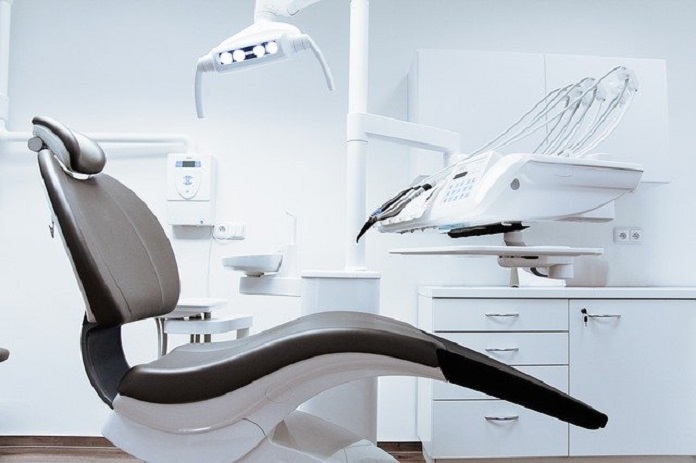A new cross-sectional analysis explores the impact US dentists may be having on the overprescribing of opioids.
The US opioid crisis has been well documented in recent years. A study published in 2018 determined that two out of every three drug overdose deaths in the United States involves an opioid (1). Although opioid deaths include illegal drugs such as heroin, one of the main root causes of opioid addiction is the use of prescription opioids. Although overprescribing of opioids has generally focused on doctors, dentists are responsible for 12% of opioids prescribed in the US. The proportion of prescriptions written by US dentists for opioids is approximately 37 times higher relative to similar comparator nations.
Given these statistics, a new study published in The American Journal of Preventative Medicine examines whether opioid prescribing by dentists has been appropriate. The research team at Oregon State University examined the strength of opioids prescribed by dentists and the duration of treatment (2). They did so by carrying out a cross-sectional analysis of dental treatments recorded on three insurance claims databases.
A convenience sample was taken from the databases. A variety of inclusion/exclusion criteria were applied to ensure the information used referred specifically to cases where opioids were prescribed by a dental practitioner. For example, cancer patients receiving chemotherapy or patients in hospice care were excluded. Where information was missing in terms of the strength or quantity of medication dispensed, these patients were also excluded. In order to allow comparison across the various different opioid drugs used, all dispensed opioid doses were converted to a standard unit; morphine milligram equivalents (MME).
The researchers then compared these MME doses to the Center for Disease Control (CDC) guidelines on opioid prescribing both in terms of the quantity and duration of treatment. In total, over 500,000 dental visits involving an opioid prescription were analysed. In three out of every 10 cases of opioid prescribing, it was for a situation where dental pain was expected to be mild. Similarly, 30% of opioid prescriptions exceeded recommendations in terms of strength.
Younger male patients were found to be more likely to receive inappropriate doses. Oxycodone, a potent opioid, was the drug most commonly implicated in opioid overprescribing. Certain geographical regions, such as the south, were also associated with higher levels of overprescribing. Another interesting finding was that the odds of overprescribing increased throughout the duration of the study, suggesting it is becoming more common. Opioids were also overprescribed in terms of duration, with 53% of visits resulting in a prescription that exceeded the recommended duration of supply.
This study is extremely significant as the US continues to battle an opioid epidemic. While national trends in opioid prescribing appear to be heading in the right direction, dental prescribing appears to be an overlooked exception to this trend. This study suggests that more work is needed to alter the prescribing patterns of dentists. For example, dentists should be encouraged to use non-steroidal anti-inflammatories in place of opioids where possible and to limit the duration of opioid treatments to guideline recommendations. Although this study puts forward significant quantitative evidence to highlight this issue, it does not address the qualitative aspect. Further research is needed to establish why these prescribing patterns exist among dentists and what can be done to change them.
Written by Michael McCarthy
References:
- Hedegaard H, Minino AM, Warner M. (2018) Drug Overdose Deaths in the United States, 1999-2017. NCHS Data Brief. 2018(329):1-8.
- Suda KJ, Zhou J, Rowan SA, McGregor JC, Perez RI, Evans CT, et al. (2020). Overprescribing of Opioids to Adults by Dentists in the U.S., 2011–2015. Am J Prev Med.
Image by StockSnap from Pixabay



